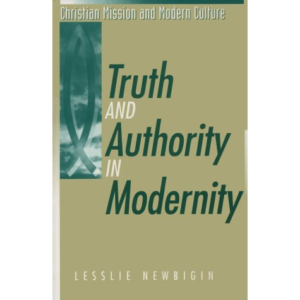
A poet’s relationship to time
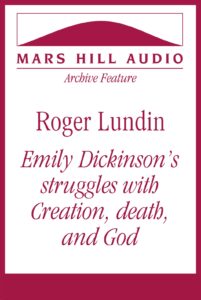
Dickinson and modern malaise
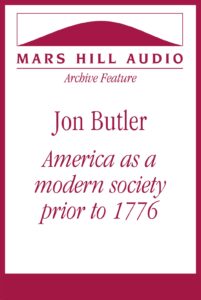
Modernity and the shaping of America
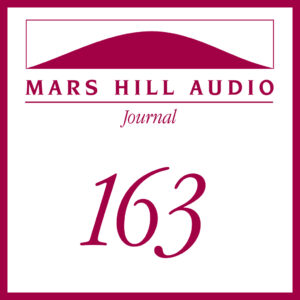
Mars Hill Audio Journal, Volume 163
FEATURED GUESTS: Andrew Youngblood, R. J. Snell, Nicholas Denysenko, Nigel Biggar, Robert McNamara, and David Cayley
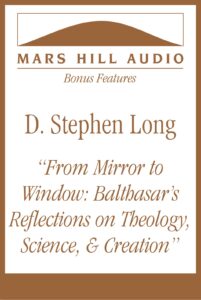
Science’s need for philosophy and revelation
D. Stephen Long explores a consistent theme in the work of theologian Hans Urs von Balthasar: the relationship between Christianity, modernity, and secularity. (46 minutes)
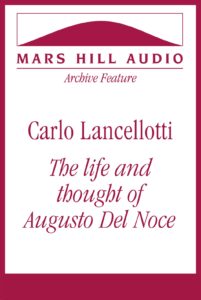
Augusto Del Noce’s critique of modernity
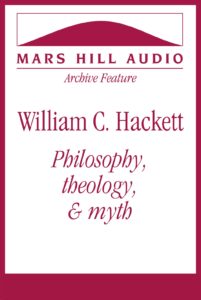
The integration of theoretical and mythic intelligence
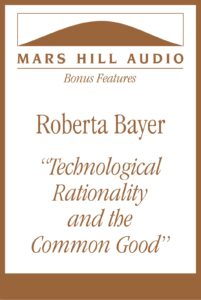
A fearful darkness in mind, heart, and spirit
Roberta Bayer draws on the work of George Parkin Grant (1918–1988) to argue that our “culture of death” must be countered with an understanding of reality based in love, redemptive suffering, and a recognition of limitations to individual control. (33 minutes)
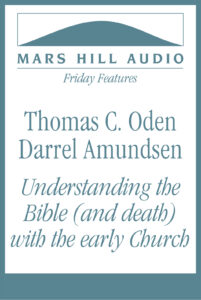
Cleansing sea breezes
Thomas C. Oden argues that rather than being conformed to contemporary ideological trends, we should be informed by 2000 years of the Church’s wisdom. And Darrell Amundsen corrects some false claims about the early Church’s views on suicide. (27 minutes)
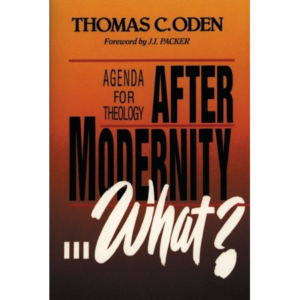
Divorcing the spirit of the age
Thomas C. Oden on overcoming the theological faddism of the late twentieth century
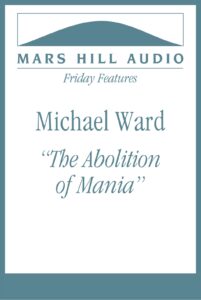
Orienting reason and passions
In an essay titled “The Abolition of Mania” (Modern Age, Spring 2022), Michael Ward applies C. S. Lewis’s insights to the polarization that afflicts modern societies. (16 minutes)
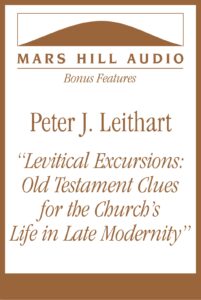
Lessons from Leviticus
The book of Leviticus may be assumed to be irrelevant for charting a way through the challenges of modernity. Theologian Peter J. Leithart disagrees. (22 minutes)
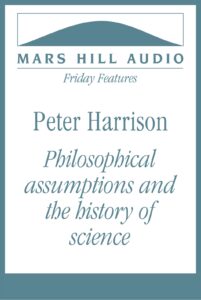
Resituating discussion of “science” and “religion”
Peter Harrison argues that modern Western culture’s partitioning of ‘science’ and ‘religion’ into distinct spheres is a novel categorical conception in history. (58 minutes)
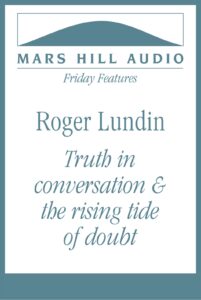
Sources of wisdom (and of doubt)
Roger Lundin shares what he has appreciated about Mars Hill Audio conversations, and he discusses what makes Christian belief so implausible to non-believers. (32 minutes)
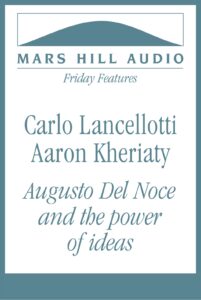
Aspects of our un-Christening
In this Friday Feature — presented courtesy of Biola University — Carlo Lancellotti talks with Aaron Kheriaty about the central ideas in Augusto Del Noce’s writings. (43 minutes)
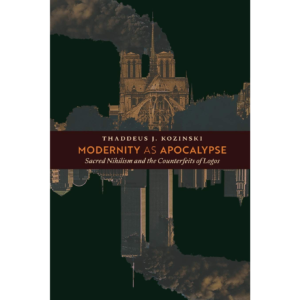
The loss of awe, the idolatry of partial thinking
Thaddeus J. Kozinski on reading modernity’s symptoms wisely (and wonder-fully)
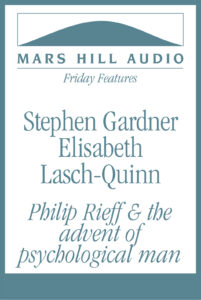
The paradoxes of therapeutic culture
Stephen Gardner and Elisabeth Lasch-Quinn discuss Philip Reiff’s diagnosis of how psychology replaced the social roles of religion, morality, and custom, redefining the meaning of what is public. (39 minutes)
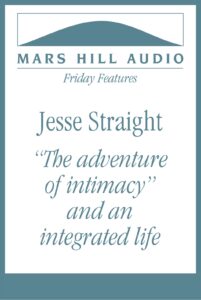
Confronting modernity through farming
Jesse Straight, who nurtures the life of Whiffletree Farm in Warrenton, Virginia, talks about how he decided to pursue a vocation as a farmer in an effort to discover a way of life that worked against the characteristic fragmentation so dispiriting in modern culture. (24 minutes)
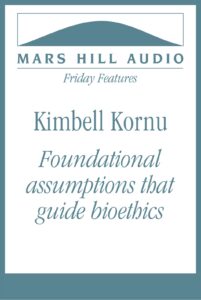
“Death lies at the heart of modern medicine”
Dr. Kimbell Kornu, who teaches health care ethics and palliative medicine at St. Louis University, talks about why modern medicine can’t adequately explain health or suffering, even as doctors promote health and try to eliminate suffering. (28 minutes)
